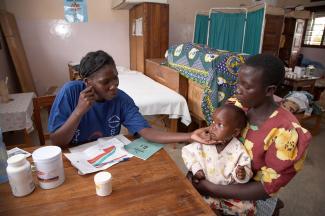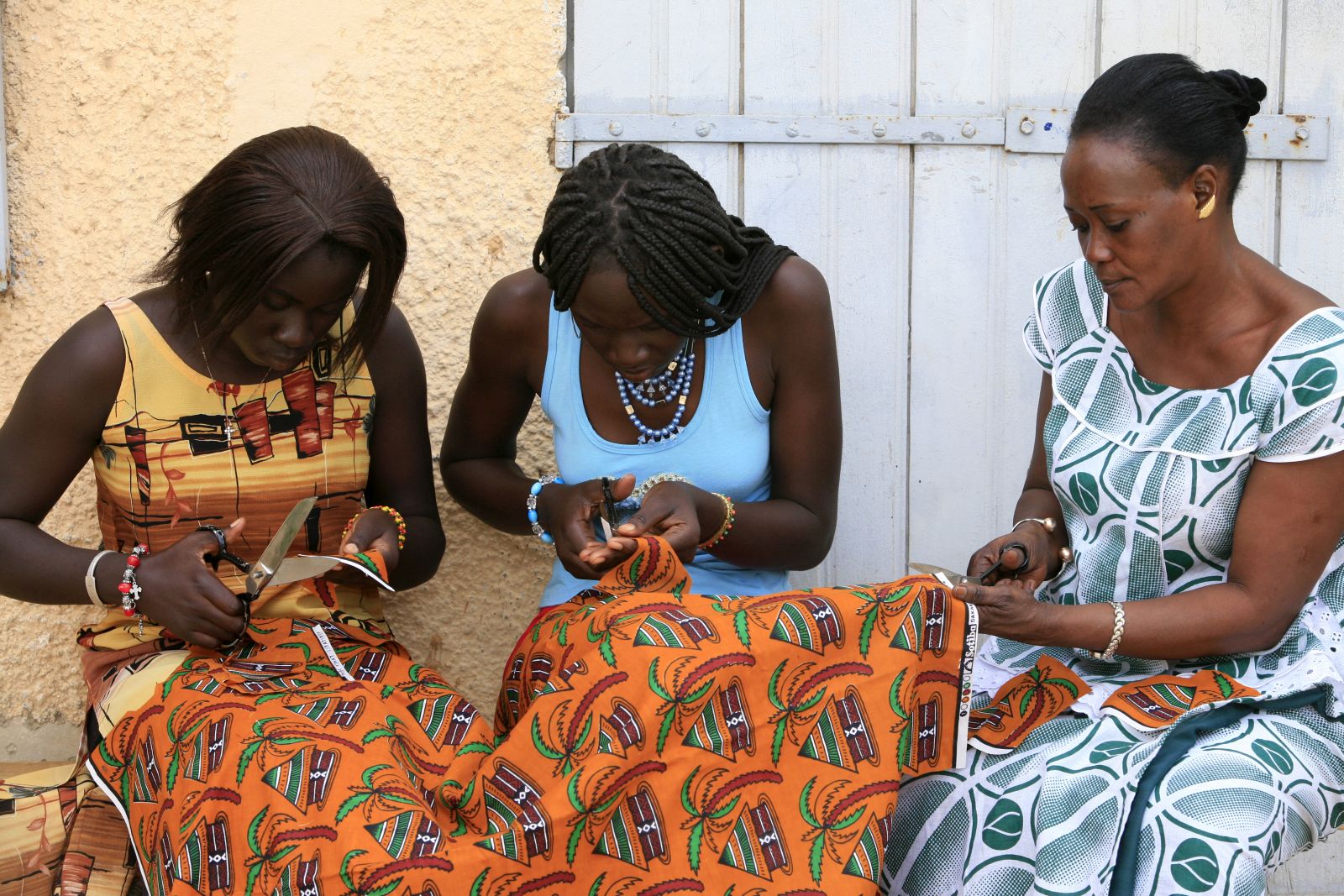Global challenge
The right to health

To improve public health, decision-makers all over the world must fight social inequality. This is the view of the German Platform for Global Health (DPGG), a new umbrella organisation for trade unions and civil-society agencies. Thomas Gebauer of medico international, a non-governmental organisation that is a member of the DPGG, says that the international community must assume responsibility. In his eyes, the spread of Ebola was not contained early on because the countries do not have strong health-care services for all of their people. Moreover, concern for global fairness would stop rich countries from poaching medical staff from poor countries, which can only afford lower wages and desperately lack health professionals.
Sierra Leone and Liberia do not have enough doctors and nurses, so people there are dying not only from Ebola, but also from treatable diseases like diarrhoea or malaria. Gebauer emphasises that more doctors from Sierra Leone are currently working in rich nations than in the country itself.
The WHO Global Code of Practice on the International Recruitment of Health Personnel forbids recruiting professionals from countries that face staff shortages, but Gebauer calls for an additional agreement. He told the first meeting of the DPGG in Berlin in September that Europe is saving money on education by employing health professionals from abroad, so Europe should be under obligation to give something in return, for instance, by investing in the education sectors of developing countries. He bemoans that international involvement is limited to crisis management, for instance, in regard to the current Ebola crisis (please note comment on page 438).
A person’s health and life expectancy depends not just on medical progress, but on many other factors as well, including work conditions or access to clean water. Social programmes matter, says Rolf Rosenbrock of Paritätischer Gesamtverband, an umbrella organisation of German NGOs that are active in social welfare. Due to prevention campaigns, he points out, fewer people are infected with HIV in sub-Saharan Africa today. He adds that the end of various civil wars was helpful too. However, Rosenbrock deplores the inequality that haunts many countries. Rich people in sub-Saharan Africa are about twice as likely to be vaccinated as poor people for instance.
Preventable harm
The kind of work people do, affects their health. People in low-paying jobs are often at greater risk of injury and disease, reports Christiane Wiskow of the International Labour Organisation (ILO). According to her, accidents on the job cause more deaths worldwide than wars. Some 2.3 million are estimated to die of labour-related accidents and ensuing illnesses every year. Many accidents could be avoided through better safety measures, Wiskow adds, and work-related injuries would not cause so much long-term damage if patients received better medical care.
Wiskow says that, even though people in poor countries tend to work more than people in rich countries, many still live in poverty. In Asian textile industries, extremely long working hours are common, and they affect people’s health and safety. Many countries lack regulations to protect the people. According to the ILO, almost 73 % of the world’s population do not enjoy comprehensive social protection.
Jens Holz from the DPGG notes that even Germany does not provide universal health care. Things depend on a person’s residence status, he explains. Under Germany’s Asylum Seekers Benefit Act, people without documents get only limited medical care. Those without proper legal status are excluded from benefits. According to Holz, many migrants from the new EU member states also do not get access to mainstream health services.
Thomas Lampert from the Robert Koch Institute is in favour of drafting a comprehensive social strategy. Various government departments should coordinate their action on global health, he says. He regrets that this is neither happening in Germany not in any other country. Lea Ferno













